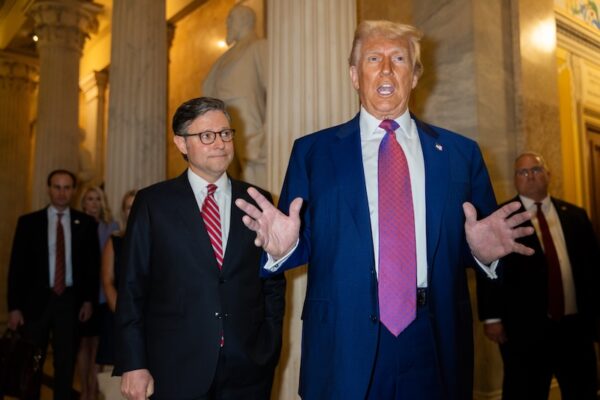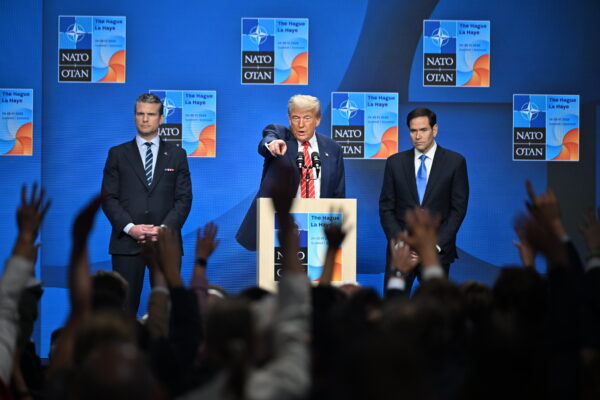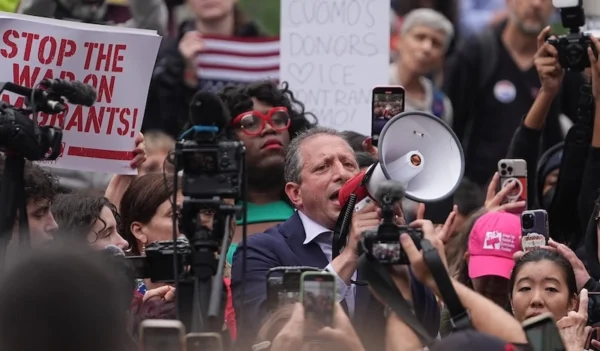Dead-end US foreign policy
U.S. President Donald Trump’s decision to withdraw from the Iran nuclear deal will be a critical cornerstone of U.S. foreign policy. For the last few decades, debates about the future direction and orientation of U.S. foreign policy have dominated the political scene. This latest decision will probably increase the intensity of these debates in terms of several different issues. First of all, the U.S. has isolated itself and significantly diverged from its allies with this step. Neither French President Emmanuel Macron nor German Chancellor Angela Merkel could persuade Trump on the nuclear deal. Of course, this is not the first time the U.S. acted unilaterally on a foreign policy issue. Previously in Iraq, the U.S. decided to invade despite direct opposition from some of its allies in Europe; however, this time the U.S. withdrew from an agreement that was reached a few years ago after several rounds of negotiations with its allies in Europe. This will be a serious breach of trust in the transatlantic alliance.
Second, in a broader setting there will be questions regarding Washington’s commitment to international initiatives. The damage that the Kyoto Protocol generated years ago reached to its zenith with the withdrawal of the U.S. from the Paris Climate Agreement and Trans-Pacific Partnership (TPP) initiative. Furthermore the decision was made despite reports by the International Atomic Energy Agency (IAEA) demonstrating no violations of the nuclear deal. This will also generate serious tension between international institutions and the U.S. The fact that none of the other permanent members of the U.N. Security Council endorsed this decision is sure to generate tension in the council. Now with the withdrawal of the U.S. from the Iran nuclear deal there will be further questions about the U.S. and its commitment to agreements pertaining to the global economy and security.
Allies are quickly losing faith in Washington’s erratic foreign policy decisions and confidence in its leadership is rapidly diminishing
Third, once again we have witnessed the pendulum swinging from one administration to the other. The reconciliation attempt and the nuclear deal with Iran that angered U.S. allies during the Barack Obama administration was terminated by the Trump administration. The Iran-centered approach of the Obama administration shifted the Israel and Saudi centered approach of the George Bush administration. This pattern paves the way for increasing inconsistency and contradiction in foreign policy of successive U.S. administrations. It also leads to dangerous shifts that can destabilize the region, generate rapid changes of attitude in the countries of the region and create increasing militarization.
Fourth, the decision-making process for this nuclear deal revealed confusion and conflict among different agencies in Washington. In the last 18 months, the chronic problem of interagency disputes in U.S. foreign policy reached a new height by sudden and unexpected contradictory statements by the different agencies and actors in Washington. It has been reported that intelligence agencies think the Iranian government did not violate the agreement and some influential actors, such as Secretary of Defense Jim Mattis, expressed that the U.S. should not withdraw from the agreement. The decision was insisted on by Trump and his inner circle. These interagency disputes generate significant problems for the formulation and implementation of U.S. foreign policy and create mixed messages for the international community.
Finally, this decision without a broader strategy or plan leads to serious problems for U.S. foreign policy. For the last several years, the most significant foreign policy problems have been the absence of strategy and presence of tactics and rhetoric that drives it. Once again, it is not clear what Washington’s plan of action in the region is, including how to deal with the regional expansion of Iran and its destabilizing activities in neighboring countries conducted through proxies. It is also not clear what the next step will be for the Iranian nuclear deal. In light of all these points, Trump’s decision generates more questions than answers for the future of U.S. foreign policy. Combined with earlier unilateral actions lacking strategies, it could create serious problems for Washington.
This article was first published by Daily Sabah on May 11, 2018.





















